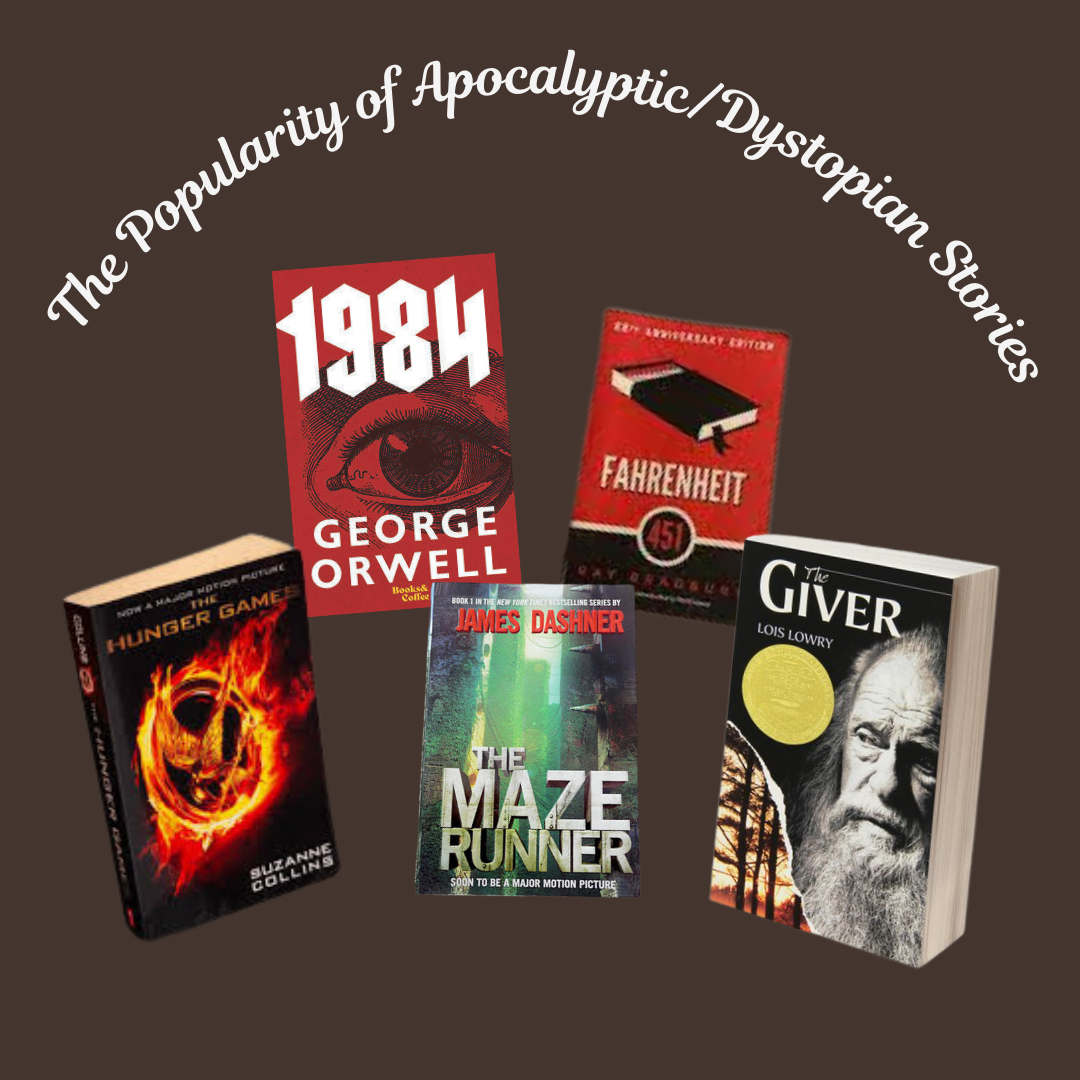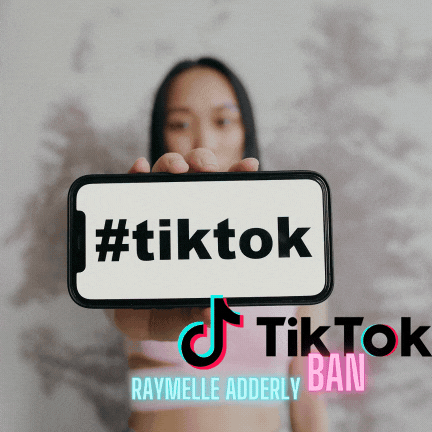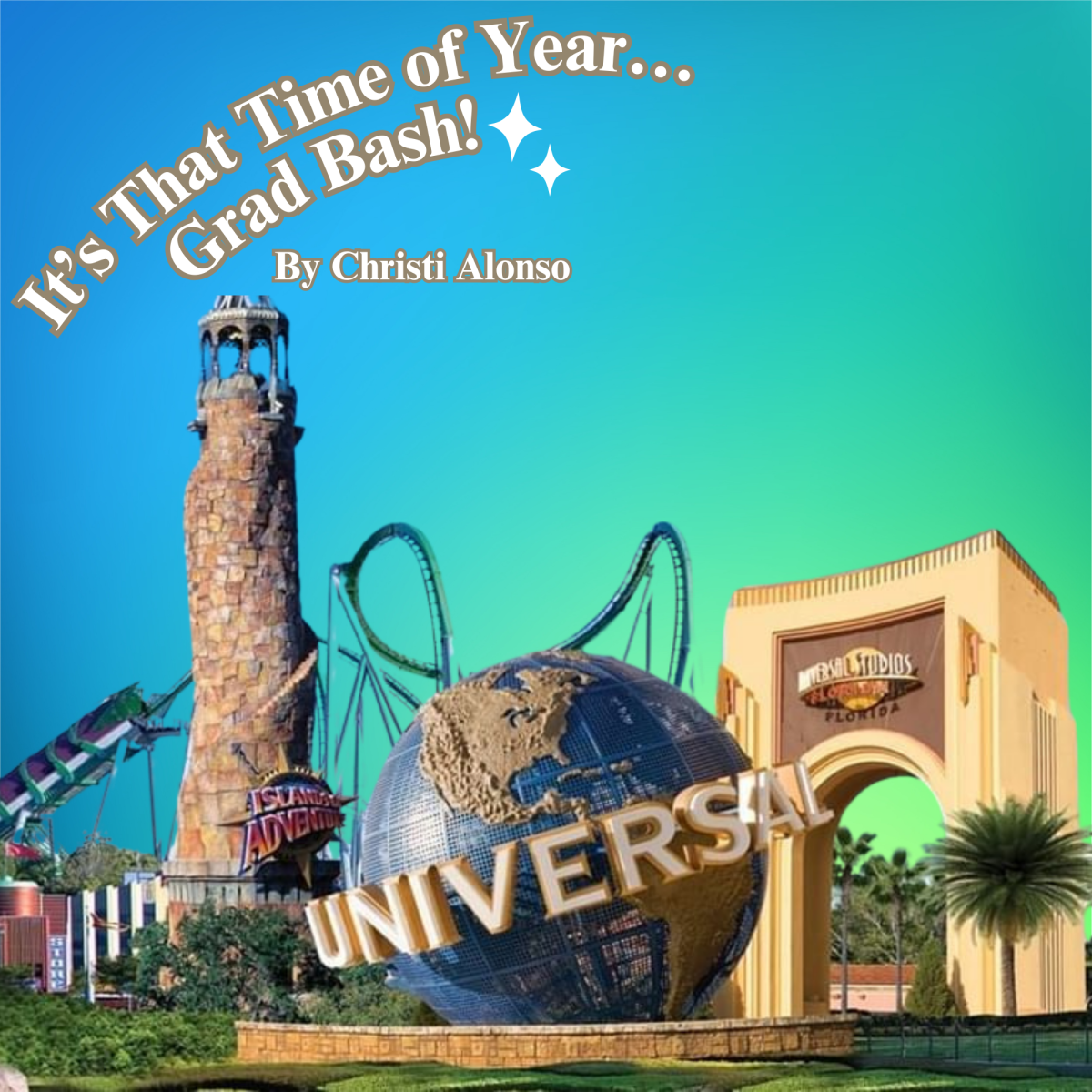The Hunger Games, The Giver, Fahrenheit 451, and 1984. What do all of these books have in common? All of these books are in the apocalyptic or dystopian genre. This genre is getting more and more popular, but the question is, why? Or when? Or maybe even who?
Why are Apocalyptic/Dystopian Stories so Popular?
Apocalyptic stories are so popular because the genre responds to socio-political landscapes. It offers an entertaining story while also giving a warning of possible futures.
New technology will always be released, giving more ideas and material to writers, so the genre can never possibly die out.
Reading or watching these stories gives the viewer or reader an idea of what it is like to live in a world with a global catastrophe. According to huffpost.com, they state, “consuming post-apocalyptic content helps people feel as if they are preparing for the worst, which feels less far-fetched in this day and age.”
These shows and books have something in common as well. The main characters are ordinary people who usually do not start as heroes. But throughout the story or show, they often find strength in the course of their journey.
The people in these stories had very ordinary lives, but when these things happen that cause a post-apocalyptic or dystopian world, the survivors must adapt to the new world they are living in, and simple tasks such as food and water are more difficult than before. This can be appealing to some people.
What are some Examples of Apocalyptic/ Dystopian Stories?
One of the more popular dystopian stories, The Hunger Games, which came out on September 14, 2008, is about a girl, named Katniss Everdeen, who volunteers to take her younger sister’s place in the Hunger Games. The Hunger Games is a competition where a group of teenagers fight to the death.
Part of the reason why this series was so popular is because of its great world-building and relatable characters. The protagonist, Katniss Everdeen, is a strong young female character who is courageous.
The themes that the series explores, such as survival, oppression, and rebellion, keep the readers entertained as well as the thrilling plot.
But do not take my word for it, take Lily Villalobos’s word for it.
Lily states, “I really love the Hunger Games series. I have watched all the movies, and I am reading the newest book now.” Villalobos states that the reason why she loves the Hunger Games so much is because of how “everything is on the line, and it is super interesting how they live that way.”
Another student, Ameerah Higgins-Akhtar, states that she also loves the Hunger Games series. “All the characters have depth, even if they are background characters. Suzanne Collins’ writing is also very beautiful.”
In addition to this, Ameerah states that the reason why Apocalyptic or Dystopian stories are so popular is because “With what is happening in the world right now, I think dystopian books can bring a sense of relatability. At the end of some dystopian stories, the main character either has a realization about the world around them or holds fast to the dystopia.”
When did Apocalyptic/ Dystopian stories become popular?
In the early to middle of the 20th century, many people feared technology, nuclear war, and communism, this gave ideas to writers and readers to start writing books about dystopian and post-apocalyptic fiction.
Many books emerged, such as George Orwell’s 1984 and Ray Bradbury’s Fahrenheit 451, as a warning about surveillance and censorship. This genre is never-ending and can also shed light on fears and anxieties of hypothetical futures.
Who made Apocalyptic/ Dystopian Stories so Popular?
Authors such as George Orwell, Ray Bradbury, and Lois Lowry played a key role in the popularity of these genres.
George Orwell, who wrote the book 1984, played a significant role in making the genre more recognizable. His vivid portrayals of certain things, such as government surveillance and the erosion of individual freedoms, impacted many readers.
Ray Bradbury, who wrote the book Fahrenheit 451, which is one of the most famous novels of the genre, had a unique blend of poetic prose, nostalgia, and social commentary. This all made his dystopian visions come to life and made his stories more impactful on readers.
Lois Lowry, who wrote the book The Giver, used her ability to explore themes of social control and identity within utopian societies. The Giver sheds light on established things in society that are normal and the consequences of noncompliance.







